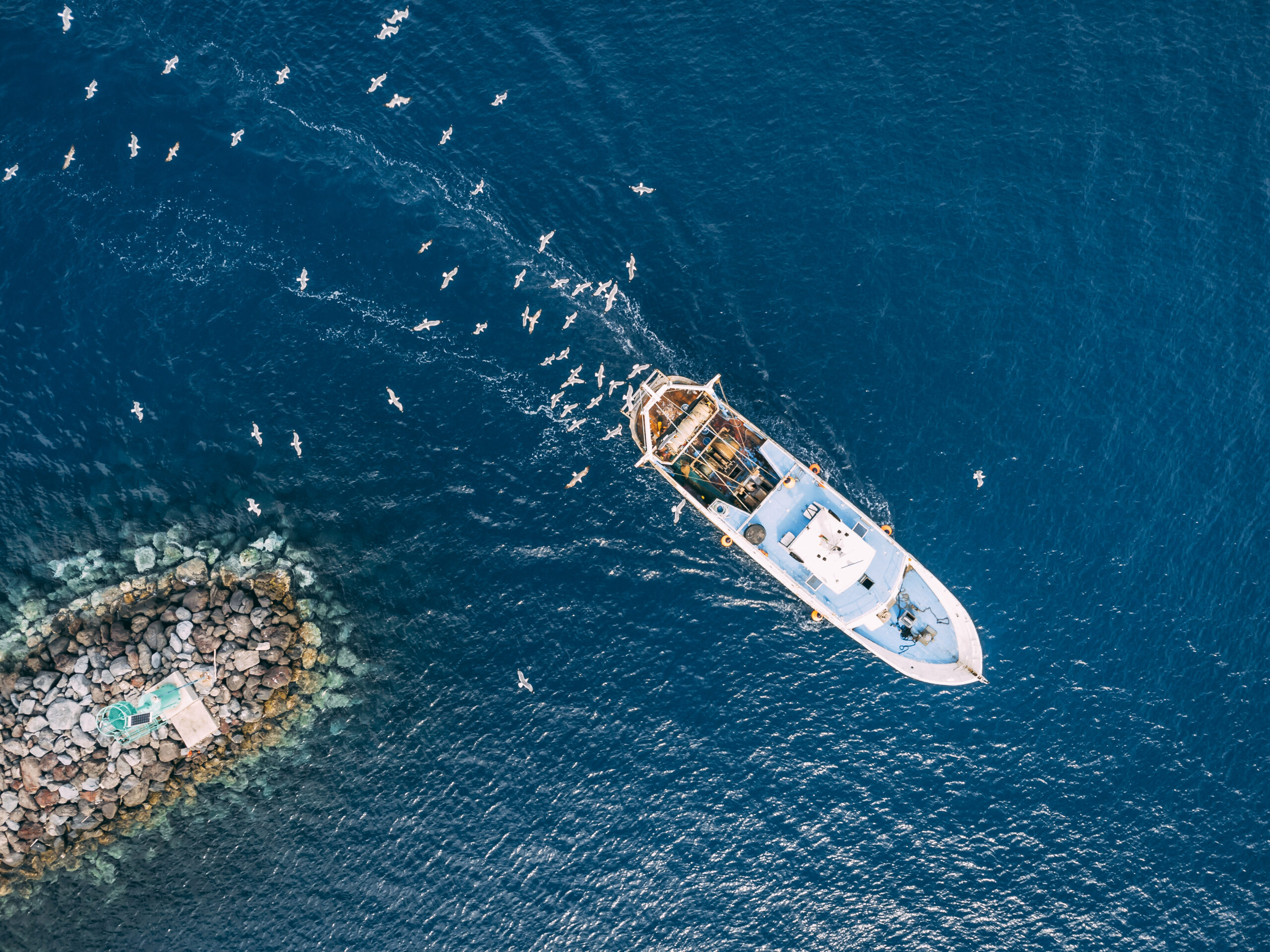Oceana UK has called for a legally binding deadline to end overfishing and a radically new approach to boost ocean health and coastal economies.
In 2023 Oceana UK released a report showing half of the UK’s key fish populations were either overfished or critically low. Recent polling of the public revealed 82% of respondents were concerned about the impact of overfishing on ocean wildlife, such as seabirds and dolphins, and nearly 80% (78%) support stricter, science-based limits on fish catches in UK waters to safeguard fish populations for future generations. Oceana’s public survey was carried out over two days in October, with 2,073 adults in Scotland, England and Wales questioned.
This inspired the charity to develop “Mission Regeneration: A roadmap to end overfishing and restore life to UK seas” for a fishing sector based on the principles of science, fairness, resilience, transparency and respect. The roadmap contains timebound key actions to support these core principles: By the end of 2025, the government should have set a legally binding, science-led deadline to end overfishing: along with a ban on ‘supertrawlers’ over 100 metres long.
Hugo Tagholm, Oceana UK Executive Director, believes “year-on-year, catch limits have been set too high, with no regard for those small, local boats that need healthy seas to survive”, illustrated by an interview with west coast creel fisherman Bally Philp included in their latest report.
“Fake News”
In response to the launch of Oceana UK’s report, the Scottish Fishermen’s Federation (SFF) have branded the analysis as “Fake News”, as Chief Executive Elspeth Macdonald accuses Oceana of relying on cherry-picked statements, obsolete science and creative wording to further a narrative around failing fisheries she claims bears little relation to the situation on the ground.
Instead, the SFF argues that more than 70% of Scotland’s commercially caught species are sustainable, fish has the lowest carbon footprint of almost any food and the industry has the most obvious vested interest in being responsible custodians of fish stocks. The SFF believe Oceana’s report was designed to disrupt annual negotiations over fishing quotas for 2025.
“Who funds Oceana? Who does this group represent? What gives it the right to try to influence policy and fisheries negotiations that will be critical for the livelihoods of our members next year and in the years ahead, with such a farrago of nonsense? If they are going to take issue with the sector, eNGOs should save themselves from embarrassment by getting their facts and analysis right”, MacDonald went on to say.
“Knee-deep in cod”
Bally Philp, of the Scottish Creel Fishermen’s Federation, who was not an author of the report but was interviewed during its development, said:
“I see pictures of my dad’s boat, knee deep in cod of a decent size. Cod like that would make the front page of newspapers now, and that change has happened in just one generation. Small-scale, local fishers, who rely on a healthy, productive ocean, need action now. If we ended overfishing once and for all how many more whales and dolphins could the ecosystem support? How many more fishermen?”
